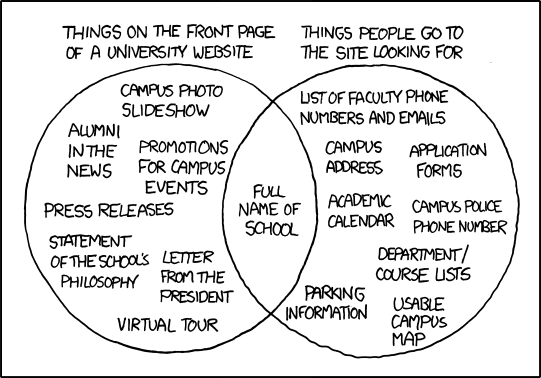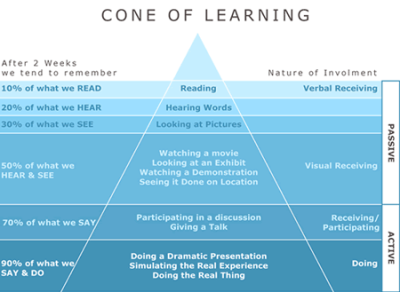This post was originally published on the Commons Machinery blog:
Wikipedia is correct but maybe a tad boring: Metadata is “data about data”. The term is ambiguous, as it is used for two fundamentally different concepts. Structural metadata is about the design and specification of data structures and is more properly called “data about the containers of data”; descriptive metadata, on the other hand, is about individual instances of application data, the data content.
Did I lose you yet? Let me try to explain it in a more interesting way…
The town of Hove (England) seems to be constantly struggling to make sure it isn’t mixed up with its larger and more famous neighbour Brighton. The town is unremarkable. Nothing special. Lots of Victorian and Regency houses line the streets, the residential areas are filled with parked cars and occasional trees… you know, nice.
Palmeira Avenue in Hove is a typical such street. I’m sure it’s pleasant to live there but nothing special to see. But walk past nr 14 and you see the sign. A round plaque in three colors bearing the text: Victoria Lidiard (1889-1992) suffragette and campaigner.
The sign is a perfect example of metadata. It is information about the information we can see in the street. It indicates that there may be something more interesting happening on the suburban street that what is on the surface. It’s a breath of history while walking in the present.
With the help of metadata, I can discover more about the information I already have. In other words: boring residential streets in a nice English town – but THE Victoria Lidiard lived here! Who the hell was Victoria anyway?
Thanks to the initial metadata I can continue my search – unfortunately not automated – I go to Wikipedia, the source of all knowledge, and I find: nothing! This is not a sign that Victoria was a non-entity, but probably further proof of the gender bias on that great site. (read more: Reagle & Rhue Gender Bias in Wikipedia and Britannica)
After finding an online obituary, I discover the following:
“THE LAST living suffragette, Victoria Lidiard, has died at the age of 102. She had been a vegetarian since 1899; was one of the first women opticians, in 1927; a campaigner for animal welfare and charities; and for the last 10 years worked for the ordination of women priests.”
In 1912 she protested the government’s failure to give women the vote by smashing windows at the War Office. She was sentenced to 2 months in prison and was among the 200 suffragettes jailed for this protest. This did not stop her; in her home town, “she chalked pavements; sold Votes For Women (and was spat on by a local clergyman for so doing); addressed meetings at Bristol Docks from the back of a lorry; and was told by a docker to get back to the kitchen and the bedroom where she belonged.” At the age of 99 she published her first book and a second one when she was 100.
This unremarkable street was the home of a very remarkable human. The street gains so much from us knowing that Victoria lived there and hopefully this illustration helps to understand the importance and usefulness of metadata. (More info on Victoria is here)






